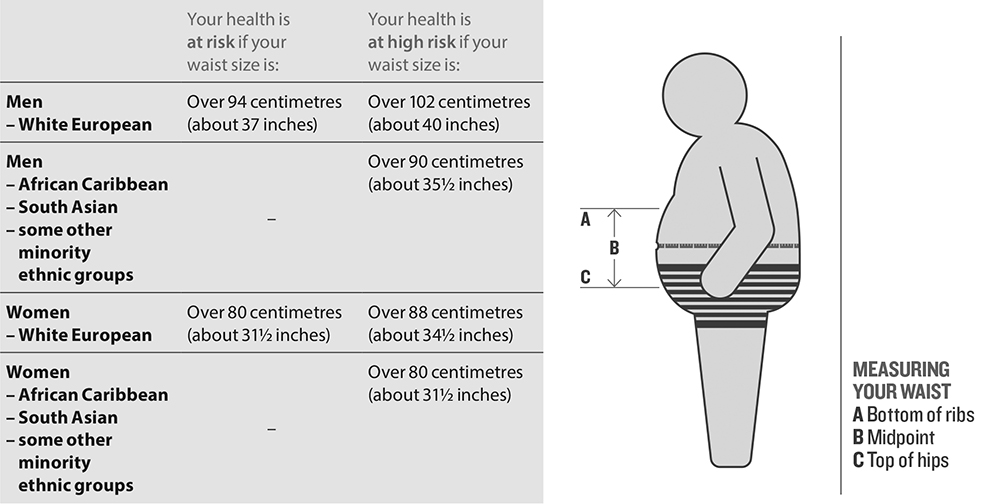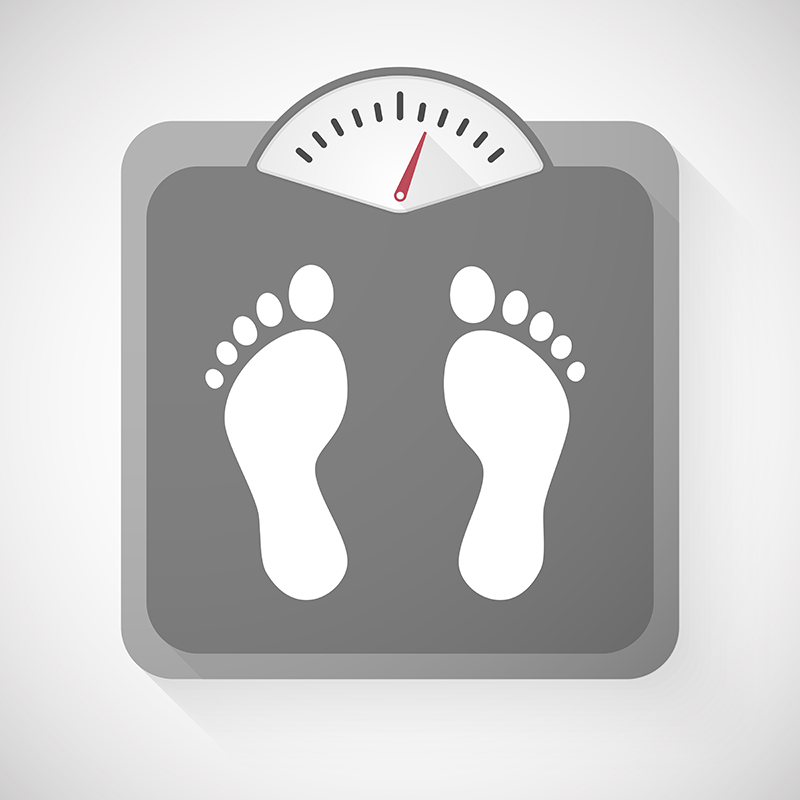Living With High Blood Pressure
- 0About this program
- 1Understanding blood pressure
- 2Understanding your diagnosis
- 3Blood pressure medication
- 4What causes high blood pressure?
- 5Just a pinch of salt
- 6Non-alcoholic drinks and your blood pressure
- 7Reducing alcohol and your blood pressure
- 8Being more physically active
- 9Weight loss and high blood pressure
- 10Eating well to lower your blood pressure
- 11Keeping up healthy changes
- 12Changes for life
- 13Being there for you in the long term
- 0About this program
- 1Understanding blood pressure
- 2Understanding your diagnosis
- 3Blood pressure medication
- 4What causes high blood pressure?
- 5Just a pinch of salt
- 6Non-alcoholic drinks and your blood pressure
- 7Reducing alcohol and your blood pressure
- 8Being more physically active
- 9Weight loss and high blood pressure
- 10Eating well to lower your blood pressure
- 11Keeping up healthy changes
- 12Changes for life
- 13Being there for you in the long term
Content on HealthUnlocked does not replace the relationship between you and doctors or other healthcare professionals nor the advice you receive from them.
Never delay seeking advice or dialling emergency services because of something that you have read on HealthUnlocked.
Weight loss and high blood pressure
Why a healthy weight is important
If you are overweight, you are more likely to have high blood pressure which means you’re more likely to develop heart and circulatory disease in the future. And too much fat around the waist makes people more likely to have high blood pressure and other health problems.
A lot of people don’t realise that even though they feel fine, their weight is putting their health at risk. This is a lot to come to terms with, but the good news is that there are things you can do to lose the weight gradually.
Finding out if you’re a healthy weight
To find out if you should lose weight, measure your Body Mass Index (BMI) and your waist. If either measurement is higher than it should be, speak to your GP or nurse about how to lose weight gradually.
You can use a simple BMI calculator to find out if you’re a healthy weight for your height and age. You just need to know how tall you are and how much you weigh.
To measure your waist, wrap a tape measure around your middle between the bottom of your ribs and the top of your hips, just above your belly button. The tape measure should fit snugly - try not to tense or breathe in.

Laura's story
Losing weight isn't always easy, but it's definitely possible. You can do it, even if you have struggled with your weight for a long time. Find out how Laura's small, consistent changes added up to make her feel healthier and happier.
3 lies we tell ourselves about our weight

"We’re all getting bigger, it’s natural." Because obesity is rising in the UK, we’ve become used to people being larger. But the health risks are the same as they always have been.
"I only have a bit of a belly." Storing excess fat around your middle increases your risk of high blood pressure. This fat is called visceral fat – it builds up around your internal organs and too much of it is dangerous for your health, even if you’re a healthy weight.
"Eating the odd biscuit won’t make me fat." Snacks that seem small can still add up to a lot of calories. For example, eating two custard creams a day (an extra 120 kcals a day) on top of your normal diet can increase weight by 12 lbs or 5 kg in one year.
Join the conversation on HealthUnlocked

To get the most out of your heart health journey, you'll need support. Our online community on HealthUnlocked brings patients, their loved-ones and healthcare experts all together online to share advice and encouragement. Join the conversation.
Content on HealthUnlocked does not replace the relationship between you and doctors or other healthcare professionals nor the advice you receive from them.
Never delay seeking advice or dialling emergency services because of something that you have read on HealthUnlocked.